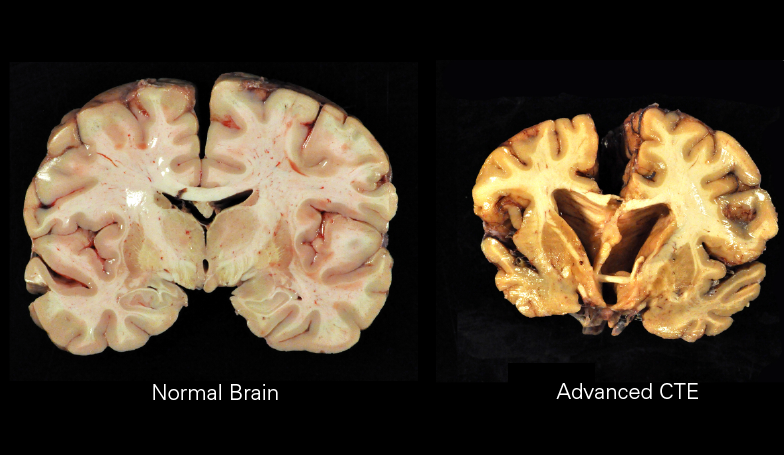News
CTE is a growing problem for the military

Chronic traumatic encephalopathy is most well-known as the brain disease that football players get from repeated head injuries. Of course, the permanent neurodegenerative disease isn’t limited to just football players. The condition has been found in the brains of former athletes of all kinds, including hockey, soccer, and even baseball.
However, it is important to remember that CTE isn’t relegated to just athletes. The condition is being increasingly found in another vulnerable population who have sacrificed nearly everything for their country.
CTE is being found in a significant number of veterans, including a growing number of still living members of the military.
Since the start of the wars in Iraq and Afghanistan, a harrowing number of veterans have returned home with a traumatic brain injury. Mild concussions are even more common among service members.
While there are still questions about exactly what types of brain trauma can trigger CTE in living people, there is no denying that the high rates of TBI in the military leave veterans at high risk for CTE. The difficulty has been in diagnosing the condition.
Currently, the only definitive way to diagnose CTE is through post-mortem autopsies. Unfortunately, former members of the military are rarely evaluated in autopsies for this type of condition. More often, their deaths are attributed to long-lasting physical injury, substance abuse, or mental illness. All of these conditions have been linked to high risk for CTE.
To undergo an autopsy looking specifically for signs of CTE, individuals typically have to pledge to donate their brains for research before their death.
According to the latest tally, 125 veterans have donated their brains to be assessed by the VA-Boston University-Concussion Legacy Foundation Brain Bank, led by neuropathologist Dr. Ann McKee. Of those, 74 have been diagnosed with CTE.
Recently, researchers have established tests that can predict whether a living person has CTE using advanced imaging technology. Though the tests are still tentative, most agree they have are highly accurate, correctly diagnosing CTE in living individuals upwards of 80% of the time.
These tests are now being used to evaluate veterans who return home struggling with the myriad of symptoms linked to CTE, including depression, mood issues, violent behavior, motor control issues, and memory loss.
Though there is little that can be done to treat CTE in a living person, aside from attempting to manage isolated symptoms, these tests are giving answers and closures to families strained by the friction of living with an undiagnosed brain disease.
Recently, 60 Minutes profiled one such family. Sgt. Tom Bates was initially diagnosed with PTSD after returning from his deployment. Despite this, the Bates family could feel something else was wrong, which led them to Dr. McKee and a CTE diagnosis. Watch their story below, courtesy of 60 Minutes:



